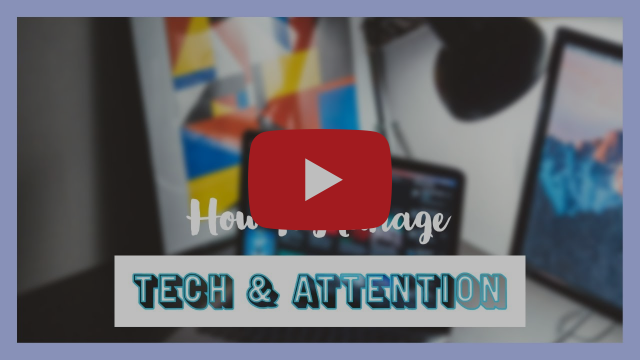Follow Your Passion Is Bad Advice
Hey everybody,
One thing I've been thinking about is conventional wisdom, of which, one of the maxims is this: "Follow your passion." This advice is inspiring, intuitive, and validates what you feel about a field, no matter its relevance or usefulness.
However, the problem with these kinds of advice is that they presuppose that there is a pre-existing passion within each one of us and that we need to magically identify that passion to be happy. In fact, this Stanford paper by Carol Dweck and others supports this idea.
But think about it — Fields are set by others; job descriptions are created by others; categories are created by others, all for the convenience of bucketing people in narrow domains. It's like college admissions — all colleges want a well-rounded class, not a well-rounded student.
So, you're better off pursuing one thing forever, because it's beneficial for the system, but the scary part is that it may just not be beneficial for you. You'll find plenty of other resources online supporting this claim, some of which are here, here, and here.
The iron law that really helped me understand this idea better was that the more time you invest in finding things that you love, the more you’ll hate what you’re doing now. So, it's better to develop passion rather than trying to find it.
Instead of trying to find what you were made for, master a rare skill, build leverage by doing it better than others, and see how you can use that skill in places that you like. The rest will follow.
Cheers,
Abhinav
PS: If you enjoy Weekly Insights, consider sharing with a friend and asking them to sign up here. :)
Channel
Sharing three lessons I learned from Tristan Harris's interview with David Fuller, that I thought are relevant now more than ever.

Podcast
Get the latest episode here on the website, or Spotify, Google, or Apple. We added some cool music to the intro.
Here's what the episode is about: Now more than ever are we social distancing. No, not only the 6 feet away kind, but also the ones that are hundreds or even thousands of miles away. It is during these times that our friendships are really put to the test. To provide clarity and some historical humor, we talk about our own friendship, the difference between true friends and ‘proto-friends’, and how conversations should be coupled with both intuition and intention. It’s hard trying to stay in touch; but fret not, your vaccine lies in our conversation. :)
Our Commonplace Book
I'll point you to a treasure trove of resources this week. Here's a reading list of what to read and how to read it by a newspaper I enjoy reading -- The Economist.